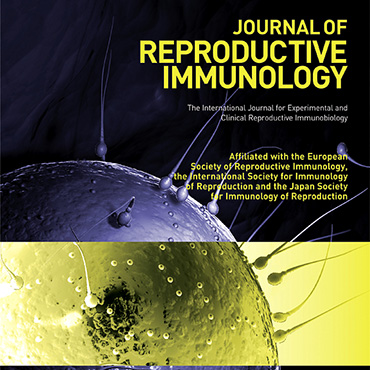
- by administrator
- 22 January 2020
Vaginal dysbiosis associated-bacteria Megasphaera elsdenii and Prevotella timonensis induce immune activation via dendritic cells. J Reprod Immunol. 2020 Apr;138:103085. By van Teijlingen NH, Helgers LC, Zijlstra-Willems EM, van Hamme JL, Ribeiro CMS, Strijbis K, Geijtenbeek TBH
Dysbiosis of the vaginal microbiome as a result of overgrowth of anaerobic bacteria leads to bacterial vaginosis (BV) which is associated with increased inflammation in the genital mucosa. Moreover, BV increases susceptibility to sexual transmitted infections (STIs) and is associated with adverse pregnancy outcomes. It remains unclear how specific vaginal aerobic and anaerobic bacteria affect health and disease. We selected different vaginal bacteria ranging from true commensals to species associated with dysbiosis and investigated their effects on activation of dendritic cells (DCs). Commensal Lactobacilli crispatus did not induce DC maturation nor led to production of pro-inflammatory cytokines. In contrast, BV-associated bacteria Megasphaera elsdenii and Prevotella timonensis induced DC maturation and increased levels of pro-inflammatory cytokines. Notably, DCs stimulated with Prevotella timonensis suppressed Th2 responses and induced Th1 skewing, typically associated with preterm birth. In contrast, Lactobacillus crispatus and Megasphaera elsdenii did not affect Th cell polarization. These results strongly indicate that the interaction of vaginal bacteria with mucosal DCs determines mucosal inflammation and we have identified the anaerobic bacterium Prevotella timonensis as a strong inducer of inflammatory responses. Specifically targeting these inflammation-inducing bacteria might be a therapeutic strategy to prevent BV and associated risks in STI susceptibility and preterm birth.
